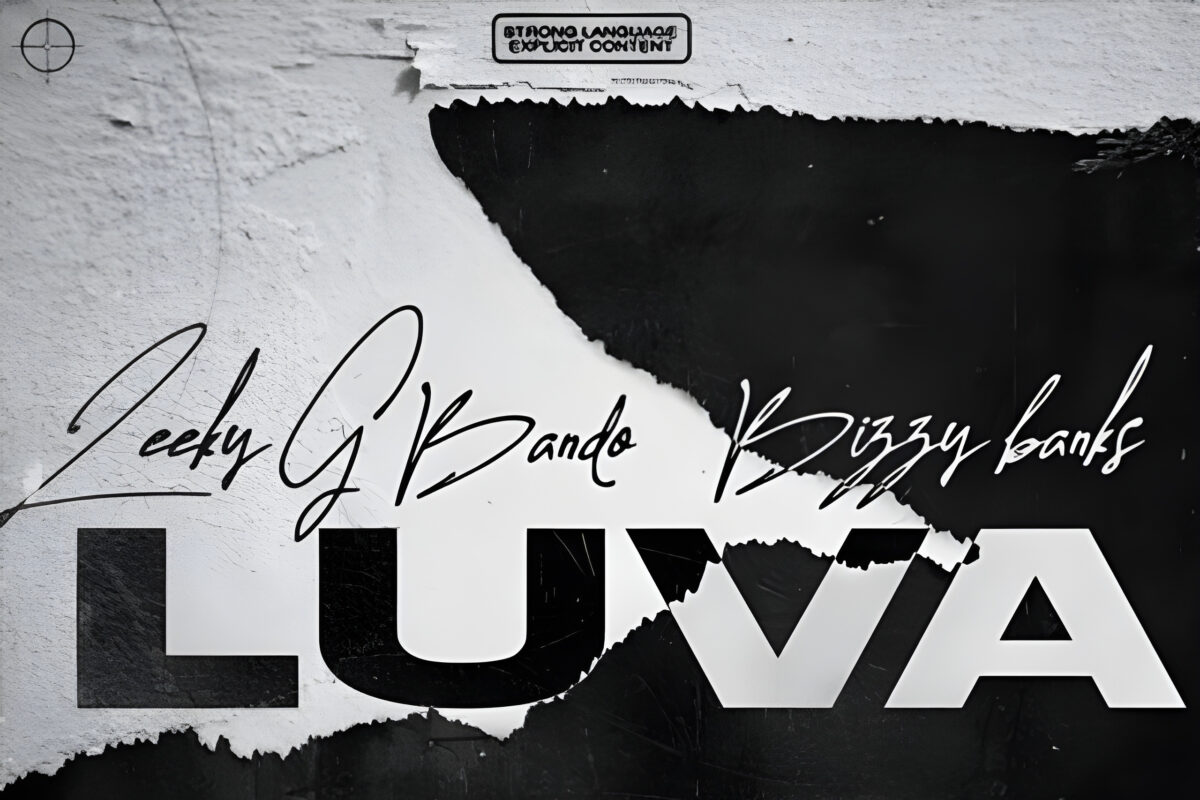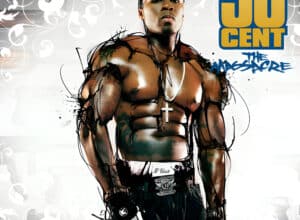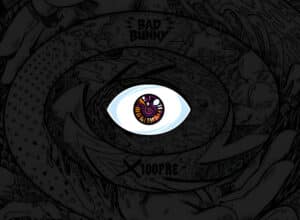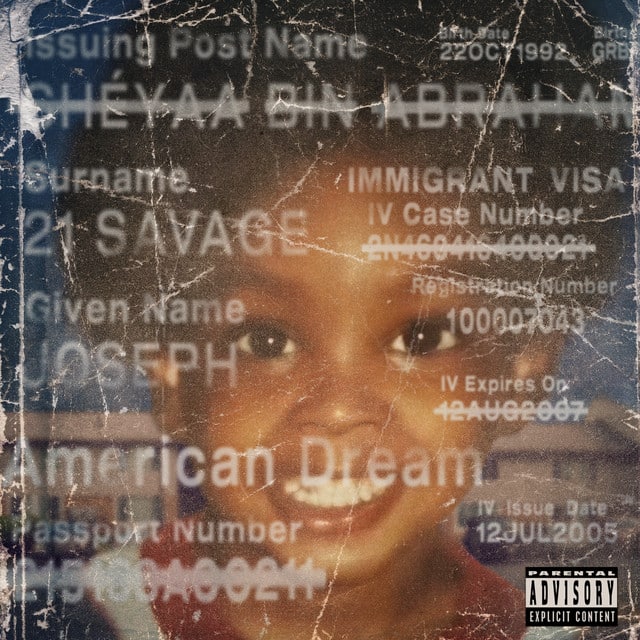Released: 2020
“Luva” by Leeky G Bando featuring Bizzy Banks is a high-energy hip-hop track that’s rooted deeply in street life and its harsh realities. The song carries a narrative that centers around themes of resilience, dominance, and the survival tactics within urban environments. There’s a recurring emphasis on maintaining one’s stature and credibility amidst the dangers and rivalries prevalent in their neighborhood.
Starting with the energetic sound effects “Grrt-the Brrt, baow,” the introduction quickly sets the tone for the song. The onomatopoeic gunfire noises (grrt, brrt) create a vivid auditory image that underlines the aggressive nature of the track. Leeky G Bando’s use of sound effects serves as an assertion of power and presence. It’s as if he’s painting an image of the wildness that surrounds him and his circle.
Bizzy Banks chimes in to bolster the overarching theme of asserting dominance with “That Structure, that swag.” The repetition here isn’t merely for rhythm; it emphasizes a code of conduct or a set of rules that the artists adhere to. It also signifies pride in their way of life and the refusal to be dominated by adversaries. The idea of structure conveys organization, indicating that their operations aren’t haphazard but rather well-thought-out.
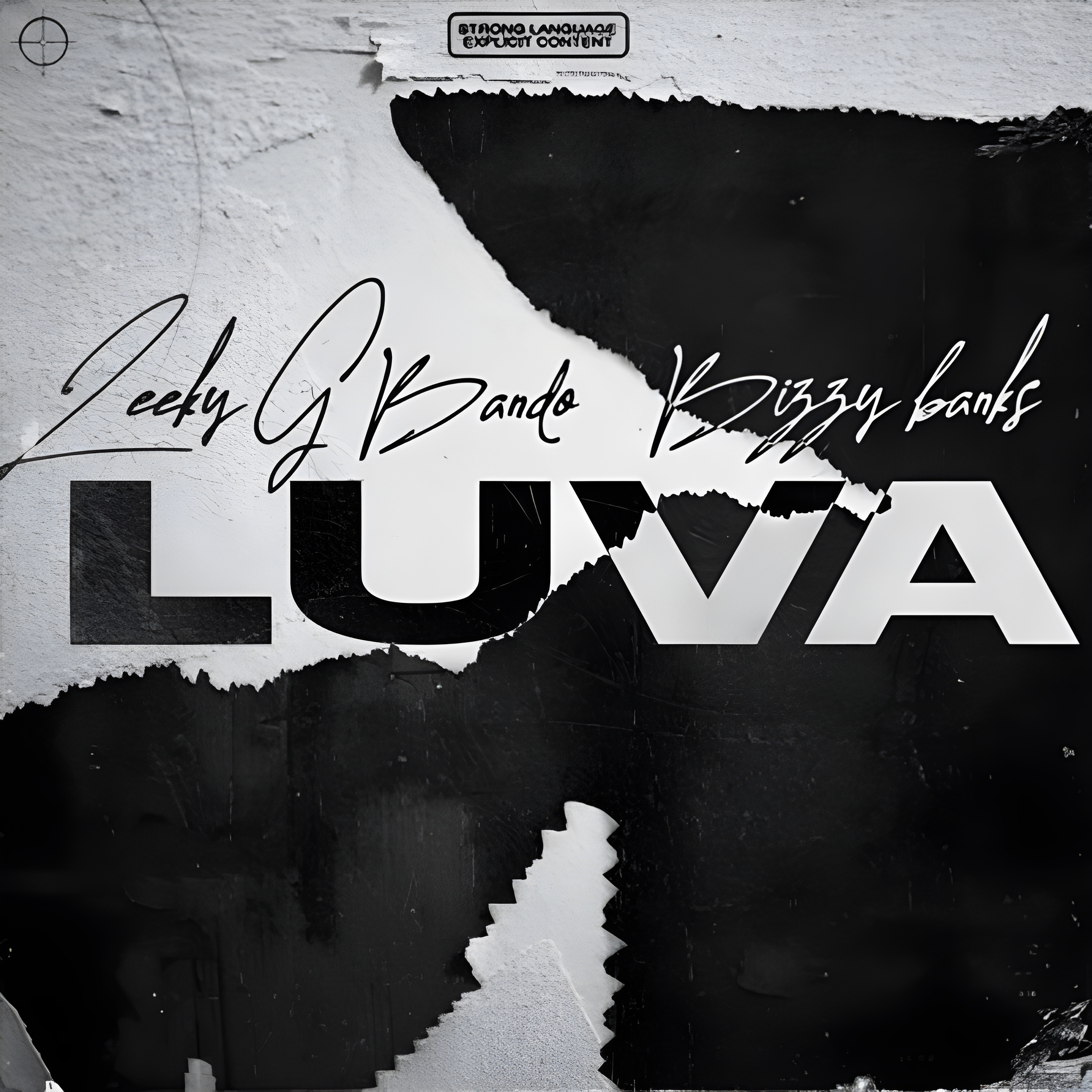
The lines “Luva just got him a 30 / Clip see-through with the laser” delve into specifics of the weapons often talked about in this milieu. A “30” refers to a firearm with a 30-round magazine, with “see-through with the laser” suggesting enhancements for precision and intimidation. These descriptions are both a boast and a threat, marking the kind of preparedness they have for any confrontation.
The chorus reinforces the mindset of invulnerability and the unwelcoming nature of their environment with “Buckle up, niggas not ready to ride / They can’t tame us / They not tough enough.” The use of car imagery like “buckle up” alludes to the need for caution and preparedness, painting their world as one fraught with unpredictability. “Ride” also takes on a double entendre here, representing both literal movement and involvement in street activities.
As the verses unfold, there’s a clear narrative about their reality and how they’ve learned to maneuver it. “Since I started taxin’ treat it like trappin'” is a reflection of how street business is run, with a nod to taxation that resembles extorting money or setting a fee in illicit activities. This reflects a certain level of intelligence in operations, transforming traditional concepts into the framework of street economy.
When Bizzy Banks raps “I got faith in my shooters, I swear they won’t miss,” it’s a stark commentary on the trust within his group. It’s an expression of confidence in his peers’ abilities to handle situations. The use of sports analogies with “Mitch” (a nod to Mitch Richmond or Money Mitch, a character from Paid in Full) and “Babe Ruth” injects a bit of cultural literacy, linking street acumen with iconic athletic precision.
Another layer of imagery is found in the lines “Still moving like Jordan & Scottie Pippen,” equating their teamwork to one of basketball’s most renowned duos. This not only illustrates camaraderie but underscores their collective strength and tactical coordination in their “field,” just as these sports figures dominated the basketball court. It is a boast of superiority in their environment.
As the track progresses, Leeky G Bando and Bizzy Banks weave their words with defiance and daring, a portrait of the tenacity required to survive. “Hop in the V and let’s go make a mess” reinforces this point, with “V” referring to a vehicle, metaphorically likening their neighborhood engagements to a combat zone where their might is showcased. The phrase “make a mess” speaks to their intent to wreak havoc on their adversaries.
Finally, “Boy, why you cappin'” challenges the authenticity of rivals, with “cappin'” meaning lying or exaggerating one’s abilities. This line emphasizes the theme of authenticity versus facade within their community. As the song closes with “Better structure up,” it becomes clear that maintaining respect and staying structured are crucial tenets for these artists. Their street survival depends on organization, readiness, and never letting their guard down. In sum, “Luva” encapsulates the bravado, unity, and strategic nature that characterize their environment, making it not just a song, but an audio reflection of street resilience.
